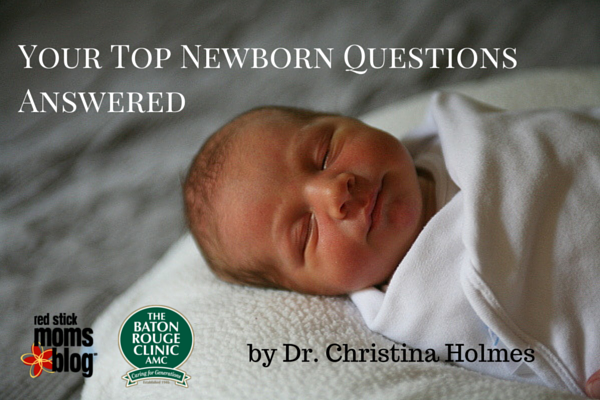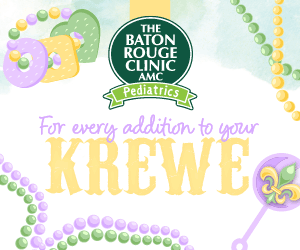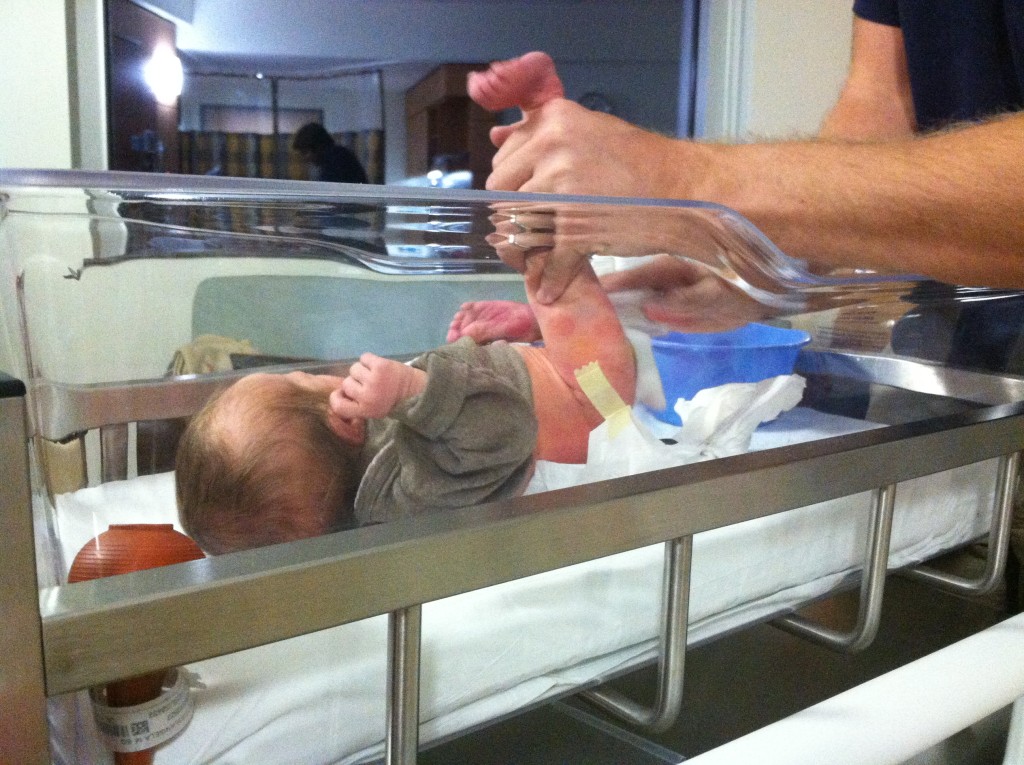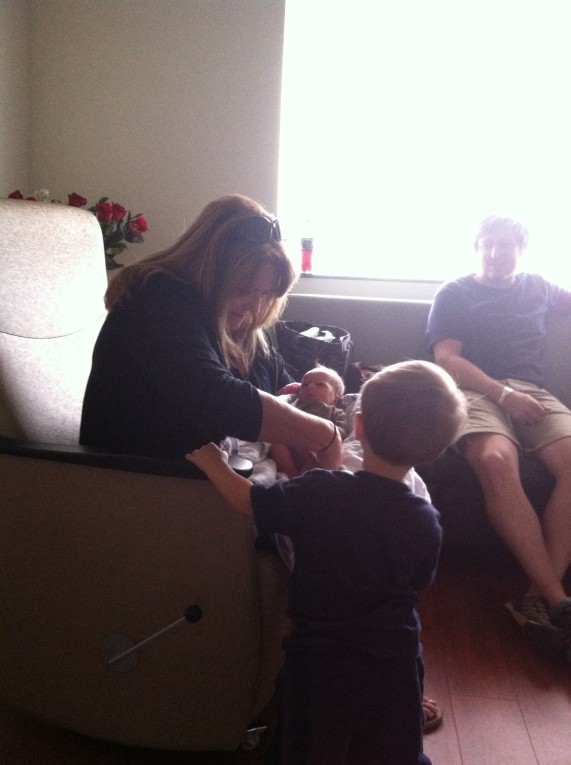Congratulations on your new bundle of joy, and welcome to parenthood! Welcome to the world of baby smells (the good and the bad), baby snuggles, smiles, and sleepless nights. You will never be the same. It can be exciting and fulfilling, while being challenging and downright frightening at times. Newborns are special and depend on you for everything – you went from caring for yourself to caring for another person 365/24/7! To ease some of your new parental worries, here are some answers to frequently asked newborn questions…after all, knowledge is power.
Newborn Feeding
Feeding a newborn is one of the most common discussions I have with new parents. Breast milk is obviously best for newborns; however, not every mother chooses this option or is successful with this option, for a variety of reasons. If you do formula feed, it is okay! Your pediatrician should support you in your choice. Newborns will eat approximately 2-3 ounces every 2-3 hours. For babies who are being strictly breastfed, nursing for about 20-30 minutes every 2-3 hours is ideal. If you’re breastfeeding, your own nutrition becomes of the utmost importance and you’ll need plenty of water and a nutritious diet to ensure you have adequate breast milk production.
How do you know if your precious baby is getting enough milk? Pay attention to those diapers, momma! Once the milk supply is established, aim for 6-8 wet diapers a day. Multiple dirty diapers (i.e., after every feeding) per day are normal as well. Stools will change color and consistency from thick and black in hospital to watery, seedy green or yellow at home. If there is any concern about weight gain, your pediatrician will be monitoring the baby to make sure he/she has regained his/her birth weight in the first two weeks.
Newborn Sleep
You’ve probably heard by now that you will never sleep the same again. Unfortunately, that is probably true, but it’s all worth it, right? An important piece of advice is to sleep when your baby sleeps. Yes, this is easier said than done, but trust us – you want to give it a shot. A messy house can wait, so don’t spend your baby’s naptime cleaning; rather, spend it resting. Trust me, sleep deprivation makes everything seem more difficult and makes a new parent significantly more emotional. Moms need rest too! Newborns do not typically sleep for more than a few hours at a time for the first several weeks. Occasionally, a newborn will sleep for longer, but don’t get so tired that you let grandma talk you into putting the baby on his/her stomach or adding rice cereal to the bottle to help with sleeping! Placing the infant on his/her back, on a flat, firm surface is the absolute safest sleeping position and decreases the risk of SIDS (sudden infant death syndrome). Also, avoiding pillows and fluffy blankets in the crib or bassinet is the safest practice. Adding rice cereal to bottles doesn’t make babies sleep longer and may actually upset their bellies. So just be patient, sleeping will improve with age. By eight weeks, you can start trying to get the little one on a schedule – until then, just go with it, and try to get some sleep whenever you can! Try to roll with the punches and accept that the newborn is the boss for a while.
Newborn Fussyness
Fussy infants can be a real challenge! I like to share the “5 S’s” with parents to soothe fussy babies. This was taught to me by a wonderful mentor and friend, and I have even used it with my own children. The “5 S’s” are Swaddle, Side position, Sway, “Shhh”, and Suck. Large swaddle blankets made of a breathable material are terrific for newborns. Being swaddled and placed in the side position reminds them of being in the womb. So here it goes: swaddle the baby, hold them on their side while you are standing, and sway your body back and forth while holding a pacifier in their mouth and saying “shhh.” It works amazingly well! Gas drops are also okay to use accompanied by a warm towel to the tummy or making a bicycling motion with the legs. If your baby will not soothe easily, call your pediatrician for a check to ensure nothing more serious is taking place.
Newborn Screenings
While you are in the hospital, tests will be run to test your newborn’s hearing, jaundice level and to screen for rare metabolic diseases. If your infant has trouble with any of these tests, your pediatrician will proceed with a treatment plan. Jaundice is very common in newborns and occurs when your newborn has too much bilirubin (a breakdown product of red blood cells) in their blood. Jaundice causes babies to be sleepy and have a yellow color to the skin and eyes. Bilirubin levels peak around day 4-5 of life and typically decrease in the following days. Ensuring your baby is getting adequate formula or breast milk can help prevent jaundice; however, some babies develop jaundice despite our best efforts. If you notice any of these signs once you get home, call your pediatrician.
Mother’s Care
And what about you, mom? Baby blues? Feeling overly emotional and completely over-whelmed? Possibly just as important as taking care of your baby is taking care of yourself. A shower and a cup of coffee with a friend can go a long way. Think it’s more serious than needing a coffee break? Talk to your doctor if you are feeling depressed and/or emotionally disconnected. Post-partum disorder is a real thing, and you will need help. Don’t be afraid to ask for it.
Protecting Your Newborn
Lastly, I know that having a baby is exciting for the parents and loved ones, and everyone is anxious to meet the little one. With this in mind, I caution parents about exposing newborns to infections. His or her little immune system isn’t strong enough to fight off infections well yet. Because of this, sick visitors shouldn’t be allowed. I like to use the rule that even well children only kiss the baby’s feet and not the face to prevent possible transmission of illness. Avoid crowded areas like church or the mall for at least the first 4-6 weeks. If you are concerned that your infant has fever, a rectal temperature is most accurate. A temperature of 100.4 or greater is a big deal, and your pediatrician needs to be notified right away.
Enjoy your newborn every minute you can! Take a deep breath…you can do it! Trust me, time flies by, and he or she will be starting kindergarten before you know it!
Dr. Christina H. Holmes, The Baton Rouge Clinic, AMC


Disclaimer: This post is sponsored by The Baton Rouge Clinic, the premier multi-specialty clinic in the region – bringing an excellent level of care to more than 250,000 patients throughout Baton Rouge and the surrounding areas. Learn more on their website and follow them on Facebook or Twitter.




















